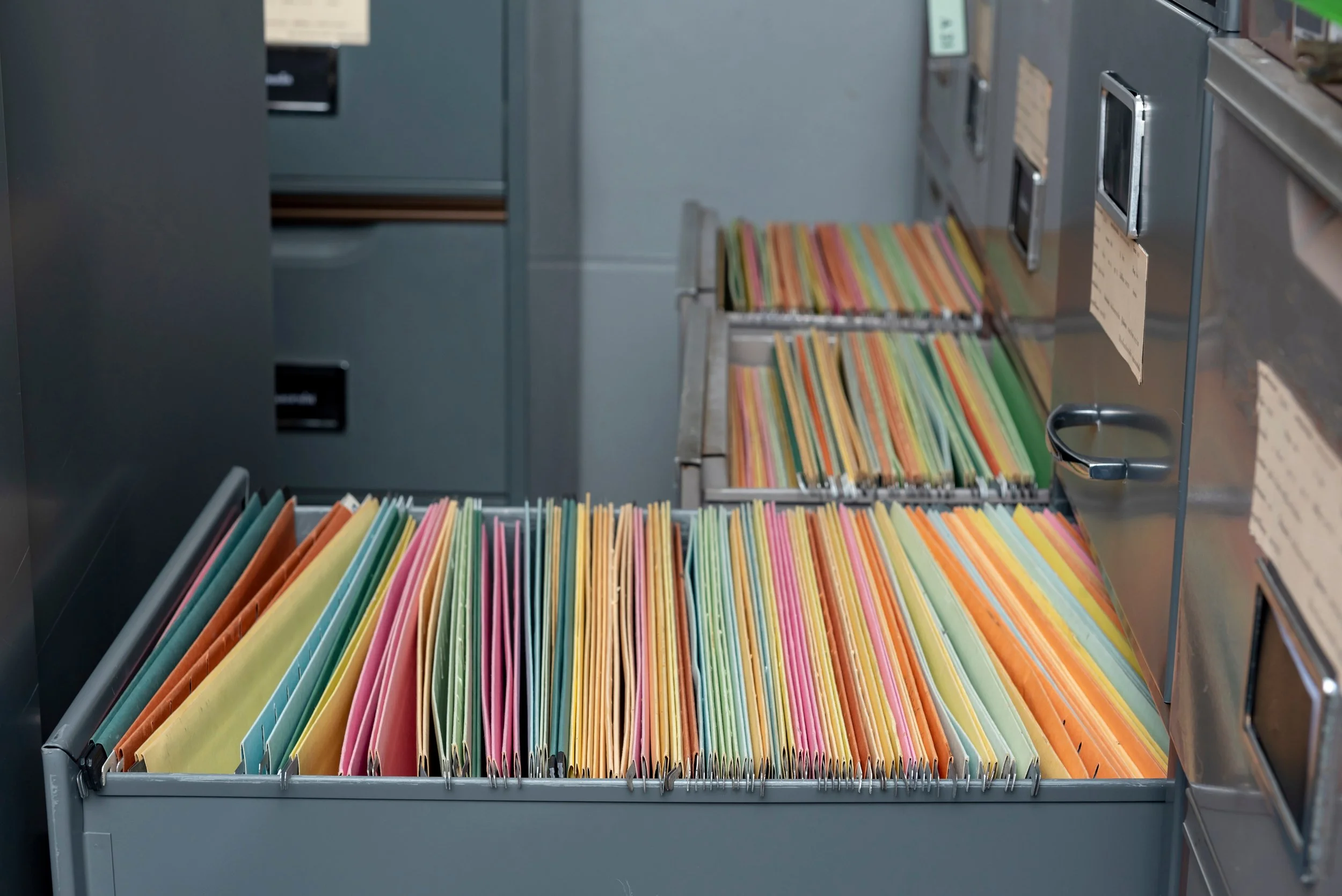
Responsibilities of Professional Photocopiers in California
In California, professional photocopiers play a vital role in the reproduction of documents that often contain sensitive information. Their responsibilities include:
Document Reproduction
Professional photocopiers are tasked with obtaining and duplicating authorized documents as requested by clients. This can include a wide range of materials such as medical records, legal files, and financial statements. Accuracy and attention to detail are paramount in this process to ensure the fidelity of the reproduced documents.
Confidentiality Maintenance
Maintaining confidentiality is critical. Professional photocopiers must ensure the integrity and confidentiality of all information throughout the reproduction process. This includes adhering to legal standards that govern the handling of sensitive data, thereby protecting the rights and privacy of individuals.
Compliance with Legal Requirements
Operating in accordance with California laws is essential for professional photocopiers. This involves registering with the county clerk in the jurisdiction where they reside or have their principal place of business. Compliance with these legal requirements helps to foster trust and accountability in the professional photocopying industry.
Notary Public Commission
At least one person in the management of a photocopying entity must hold a current commission as a notary public in California. This requirement enhances the legitimacy of the document handling process and allows for additional services related to notarization.
Bonding
To ensure adherence to state regulations, professional photocopiers are required to secure a $5,000 bond during the registration process. This bonding is a financial assurance that protects clients against potential liabilities arising from non-compliance with relevant laws.
These responsibilities collectively ensure that professional photocopiers in California provide accurate, efficient, and secure document reproduction services while upholding state regulations and safeguarding sensitive information.
Professional Photocopier Services
Example Client: A law firm needs copies of a client’s medical records for an upcoming case. Due to the sensitive nature of the information, they require a professional photocopier who can securely handle and reproduce the documents.
Step-by-Step Process:
Initial Client Consultation:
The photocopier meets with the law firm (either virtually or in person) to understand their needs, including the number of copies, the type of documents, and any specific requirements for confidentiality and delivery.
Document Collection and Authorization Verification:
The photocopier ensures all necessary authorizations are in place, verifying that the law firm has the right to request the reproduction of the medical records.
They arrange a secure pickup or receive the documents through a secure channel.
Preparation and Organization:
The photocopier organizes the documents, preparing them for efficient reproduction. This may involve checking the originals for clarity, removing staples, and arranging pages in the correct order.
Confidential Copying Process:
Using high-quality, professional-grade copying equipment, the photocopier reproduces the documents as specified by the client, following strict procedures to maintain confidentiality.
Quality checks are conducted throughout the process to ensure the copies are accurate and complete.
Secure Packaging and Delivery:
Once the copies are made, they are securely packaged. The photocopier may deliver the copies directly to the law firm or arrange for a secure courier, depending on the client’s preference.
Final Documentation and Record-Keeping:
The photocopier provides an invoice and any necessary documentation showing the chain of custody, confirming that all documents were handled according to legal and professional standards.
Copies of the records are disposed of according to privacy laws, or they may be securely stored if agreed upon with the client.


